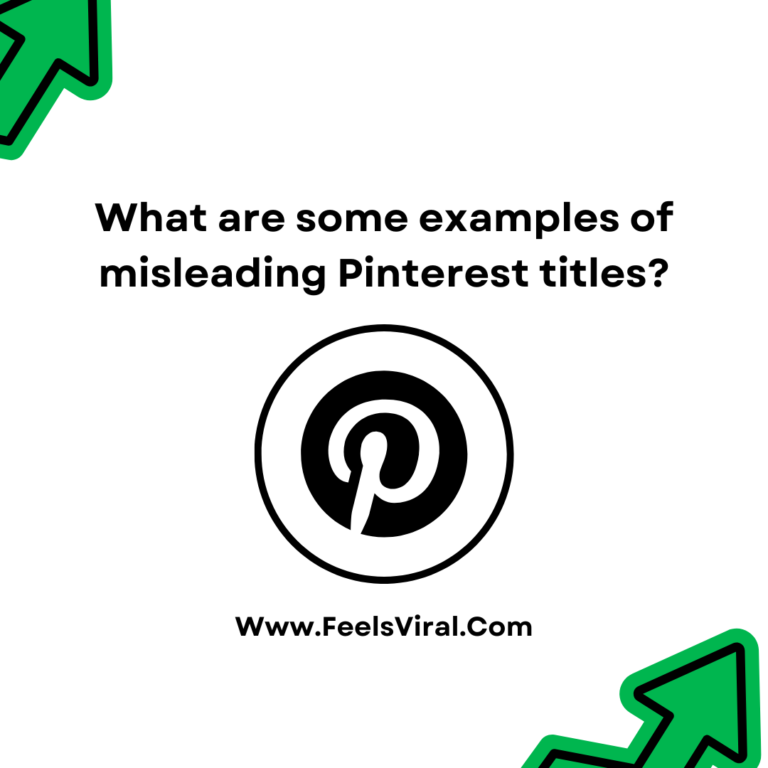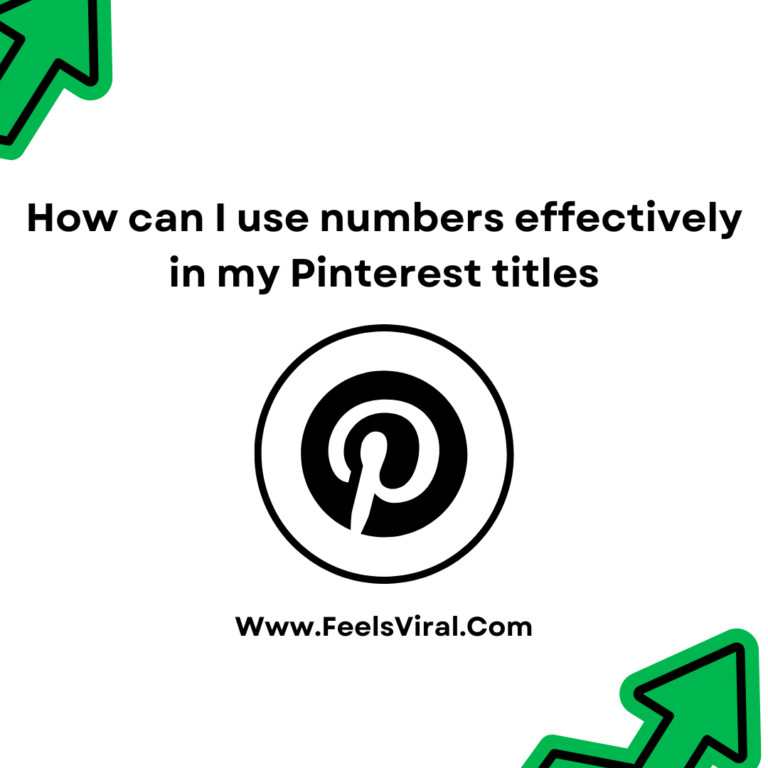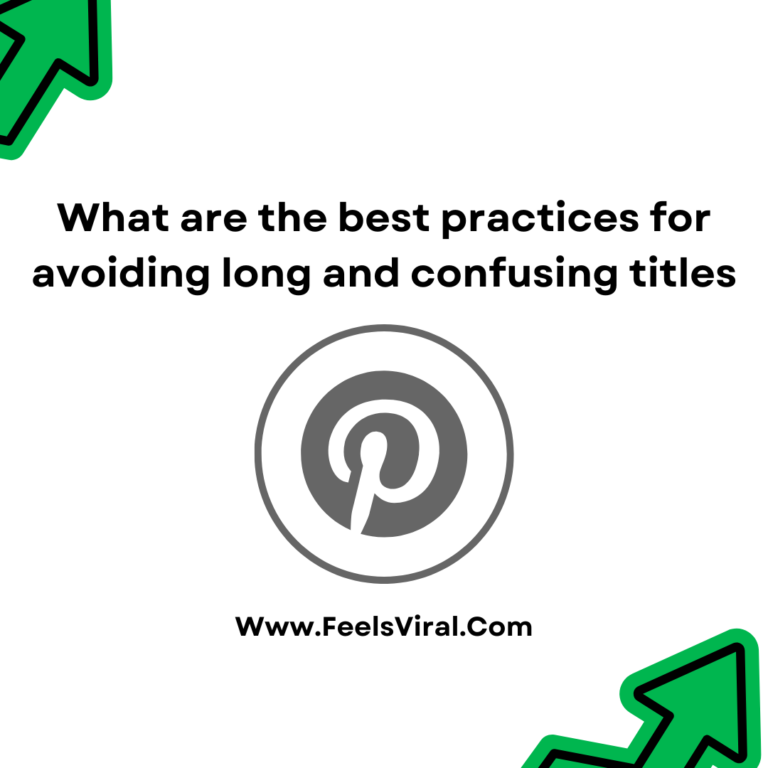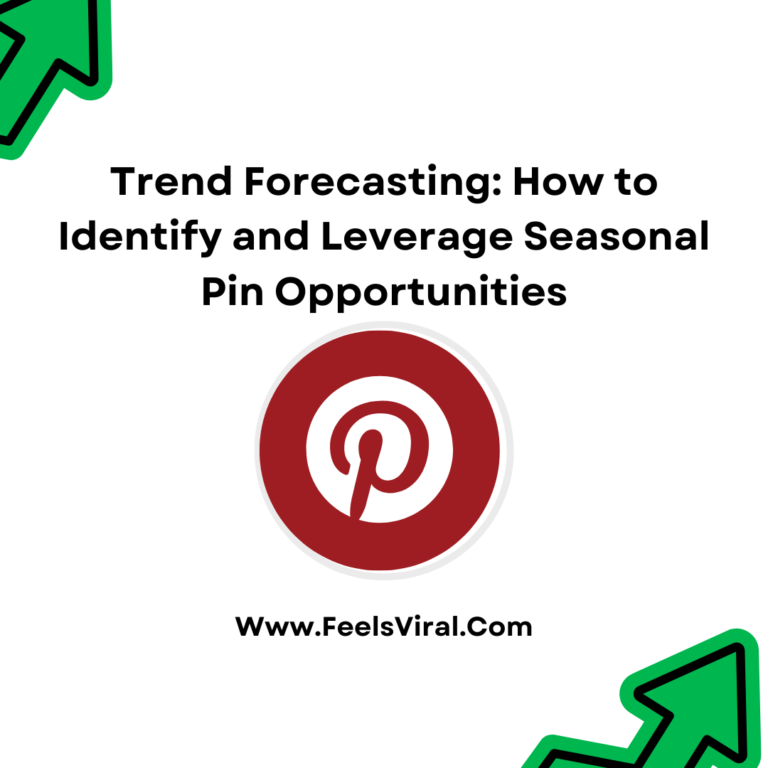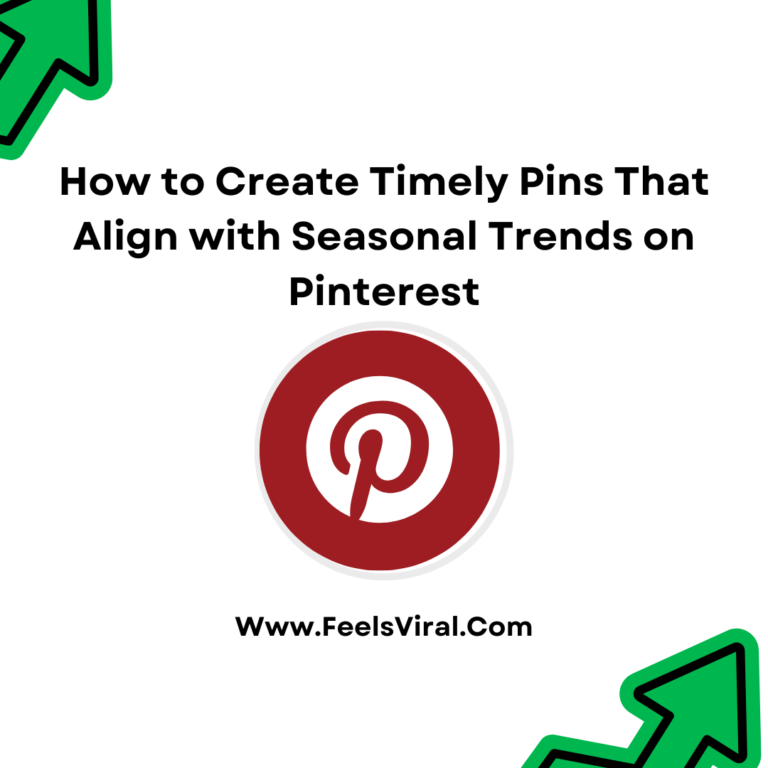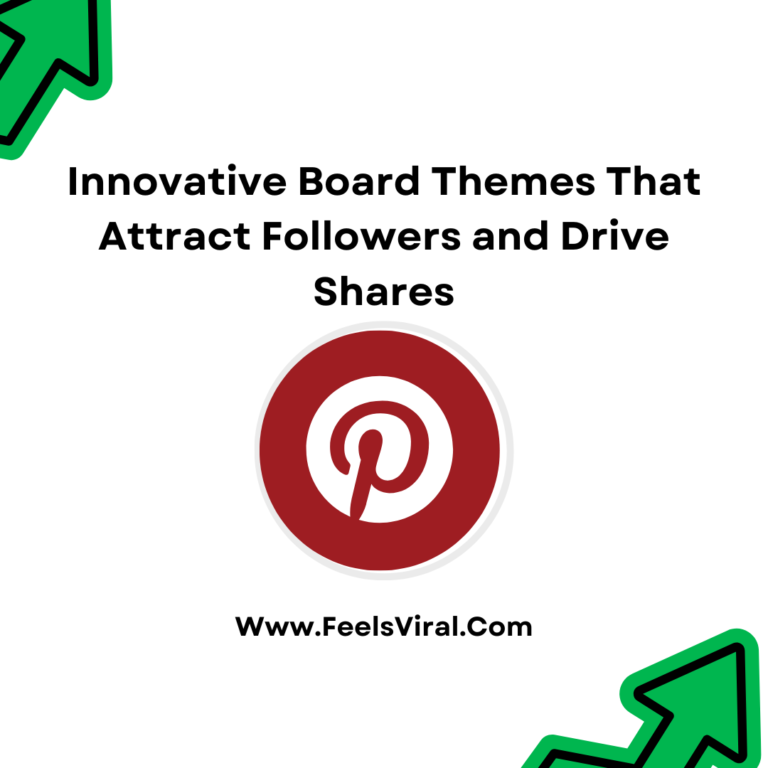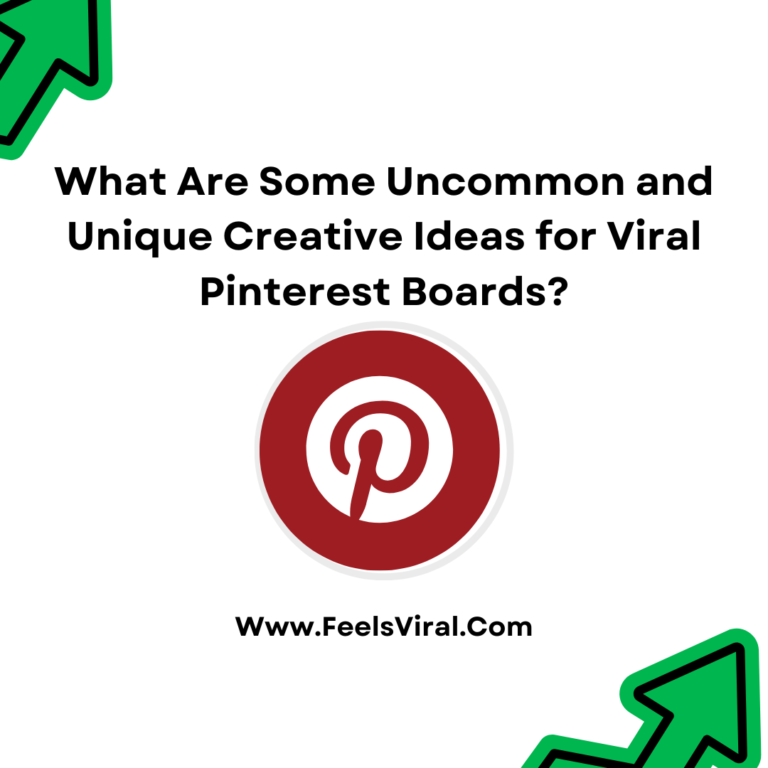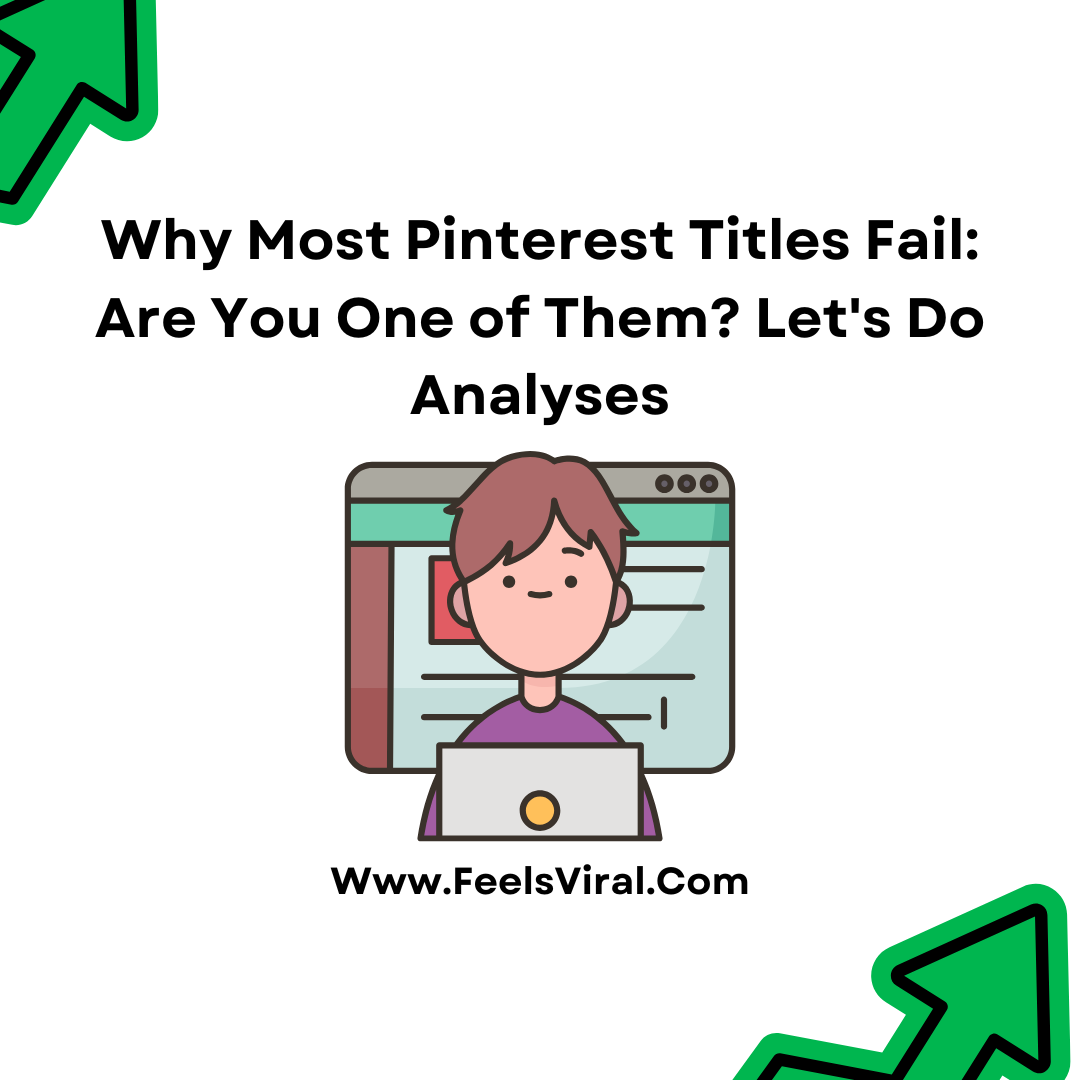
Why Most Pinterest Titles Fail: Are You One of Them? Let's Do Analyses
Viral Pin on Pinterest Creating a viral Pin on Pinterest very often begins with a single necessary ingredient: the title. Titles are not just words; they are the first impression, catching the view and interesting them to click. Still, far too often, the users of Pinterest flounder in an effective title. Their Pins just don’t stand out. So why do so many titles on Pinterest fail, and what can you do to avoid common pitfalls? Let’s have a look.
Role of Titles in Success on Pinterest
As a visual search engine, titles have the significant role of determining whether the specific Pin will get noticed or not. A good title performs five tasks at once: it attracts audiences, aligns your PIN with search queries, communicates value in the content, and sets up expectations for users. Unfortunately, most Pinterest users never effectively use their titles, either too vague, too long, or too crumby to include the most interesting keywords. A title needs to hook your target audience right away, lest they scroll past.
The Uncommon Mistakes of Bad Pinterest Titles
Clarity is the first of the common reasons why Pinterest titles fail. Vague or too general titles can leave it for the user to guess what the Pin might contain. “Healthy Meals” does not sound very explanatory, does it? Recipes? Meal prep ideas? Nutrition tips? A more interesting title can be something like “5-Minute Healthy Meals for Busy Weeknights,” which provides specificity giving the user an idea of what to expect if they click on the link. Titles should give a clear idea of what the post is talking about and encourage readers, not mislead them.
Another common mistake is a lack of keyword targeting. Since Pinterest is also a search engine, the algorithm on this platform relies heavily on keywords to deliver the correct matches for specific searches. Titles that do not include the most popular search terms are less likely to feature in a user’s searches. Good Pinterest titles have keywords relating to user interest in an organic, flowing way. A travel blogger who targeted “budget travel” might use something like “Budget Travel Hacks for Europe” instead of something more vague, “Travel Tips.”.
Another common pitfall is putting too much into titles with unnecessary adjectives or phrases. While plenty of descriptive words may seem enticing, many will make your title hard to read and weaken its impact. Recall pithy, short, and direct titles and protect yourself against extra words that will weaken the message. Users generally take just a few seconds to decide whether to click on a Pin; thus every word must have a purpose.
The Importance of Structure and Readability
Titles on Pinterest often fail because they don’t look properly formatted or are not easy to read. A single title will, without doubt, be readable if it’s easy to scan. The main points in your title should, at a glance be understandable. Do not use complex phrasing, jargon, or overused expressions that will lose readers’ interest. Use simple words and try adding numbers or specific formats such as “How-To” or “Top 10”) so the title gets more structure and becomes more eye-catching.
Another aspect to consider when devising a title is its length. A long title will get cut off in search results, and therefore the user may not receive a full message from that title. On Pinterest, shorter approximately 40-50 characters better because they are easier to read on both desktop and mobile platforms. Craft your title to be as short and simple as you can yet still make its point.
Understanding User Intent
The problem is that most of the titles on Pinterest flop because they do not accommodate user intent, which refers to what the user wants to do with their search. For example, the person who will look up “easy dessert recipes” is likely looking for some simple, quick-to-make recipes rather than gourmet creations requiring specialty ingredients. Titles that directly speak to this intent, like “10 Quick & Easy Dessert Recipes for Beginners,” are much more likely to get clicked than those that miss the mark.
A pin’s title could be thought of as the answer to why users came to Pinterest. Users come to the platform seeking inspiration, advice, and solutions, so titles should address a specific need or interest. Start by understanding the intent behind keywords being used from the audience’s point of view and then create titles to immediately solve the issue. When users feel confident that your content meets their needs, they are more likely to engage.
Developing an Emotionally Captivating Headline
Emotion is a great click driver. Headlines that feel evocative—curious, exciting, urgent—are likely to beat information-only ones. That is not clickbait and should not be mistaken for it. Rather, it means finding authentic ways to build interest. For example, if you’re making a Pin on an organization, something like “Transform Your Cluttered Home into a Calm Sanctuary” has a chance to evoke relief or aspiration, getting users to click.
Emotional appeal must be balanced with authenticity. Adding emotional content in words such as “must-have,” “essential,” “quick,” or “transformative” does not overcommit yet adds an emotional layer that clients can latch onto. Play with many tones and find the one that speaks to your audience or buys them in.
The Power of Actionable Language
Most Pinterest titles fail at their intended job in that they are too passive instead of action-based. What users are seeking is action-based content to which they can then apply it in their lives. Using action language in your titles may help, as an action word like “learn,” “discover,” “transform,” or “create” promises the reader they will gain something tangible from the content being presented. For example, “Discover 5 Easy Steps to Begin a Vegetable Garden” immediately communicates to readers they will find out how to start gardening.
When your titles clearly show action or benefit, people like to click because they know there must be something worthy in your content. Think about what the user will achieve by viewing your content and translating that into your title.
Adapting to Pinterest Trends
Pinterest trends change over time, and titles that were popular a few years ago are no longer as effective as they were. The beginner must monitor all of Pinterest’s new trends, as well as the behavior of users at all times. Hence, in 2025, “Idea Pins” are becoming more trendy, and such multi-page Pins require headlines that compete with more substantial, text-heavy content. You may instead create a title that covers a larger topic, say “Step-by-Step Guide to Beginner-Friendly Home Decor”.
Bmore Seasonal Trends can help your titles get more attention. Phrases associated with upcoming events or holidays are more relevant. Examples include titles like “Easy DIY Holiday Decor Ideas” or “Quick Summer Workout Routines.” These titles resonate when certain seasons are approaching.
Testing and Refining Your Titles
Success on Pinterest often involves trial and error. Always analyze what is happening with your pins to see where titles are getting the most engagement, clicks, and saves. Pinterest Analytics provides insight into which keywords and types of titles are working for your audience. By reviewing your analytics, you can refine your title strategy, focusing on the wording, length, and format that works best.
Experiment with a few variations on slightly different titles to see which one connects best. You may find that for list-based content, anything with numbers is always better and that for guides, verbs like “discover” or “transform” will be your best bets. One of the best ways to keep things rolling smoothly in the long run is through consistent optimization based on performance data.
Last Word: How to Make Your Pinterest Titles Pop
Developing a Good Pinterest Title Identifying the intent of the audience and an understanding of clear, compelling language are some of the elements that have to be in place to successfully develop a Pinterest title. There should not be any mistakes such as the use of vague words, poor structure, and lack of keywords while developing titles; it will gather momentum and catch the attention of the user.
Ultimately, a great Pinterest title balances clarity and keyword relevance against emotional appeal: giving the users a reason to click on it while promising them quality content. You will find yourself handling stronger titles with time, which improves the whole concept because of increased engagement and reach back to your blog or business. Are you ready to take your Pinterest titles to the next level? Write them to effect, and watch them change the game for your Pinterest success.
